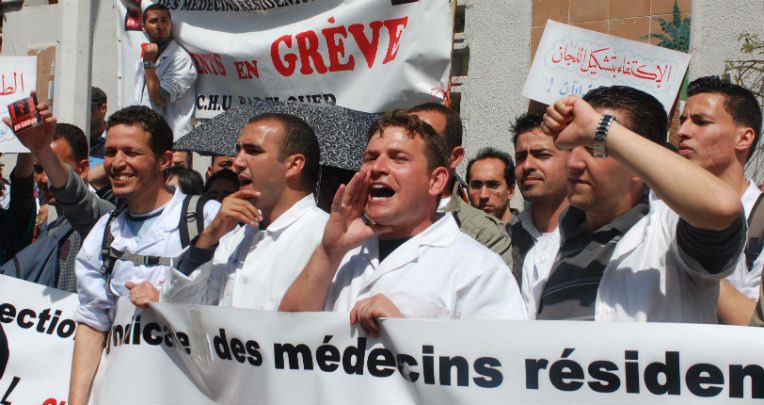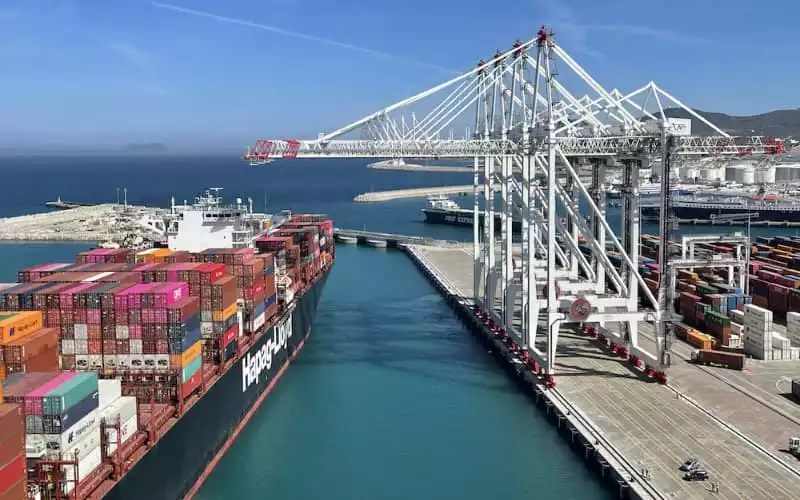 The beginning of 2018 bodes ill for Algeria, which saw reserves dwindling prompting a series of austerity measures that have fueled social unrest.
The beginning of 2018 bodes ill for Algeria, which saw reserves dwindling prompting a series of austerity measures that have fueled social unrest.
From doctors to teachers, the Algerian civil society’s growing discontent with the failing government’s policies are gradually building up.
Last month, different protest movements paralyzed key social services. Algerian doctors have started a long-term strike after negotiations with the government failed. The doctors want, inter alia, the compulsory civil service to be abolished as well as the right to staff housing and family reunion.
The teachers’ union (Cnapeste) has also staged an open-ended strike demanding housing, health services, zone bonus and better retirement pensions. 80% of Algerian high-schools are affected by the strike with students facing the specter of a lost year.
Battered by a severe drop in oil prices, Algeria has resorted to austerity measures to the detriment of the purchasing power and living standards of its citizens. The country has just imposed restrictions on the import of over 850 products, the prices of which have risen sharply; local substitutes are scarce and thus equally susceptible to sharp price hikes on the black market.
Algeria’s foreign exchange reserves are expected to drop to $85 billion at best by the end of 2018 down from $194 billion in 2014, barely enough to cover 18 months of imports.



